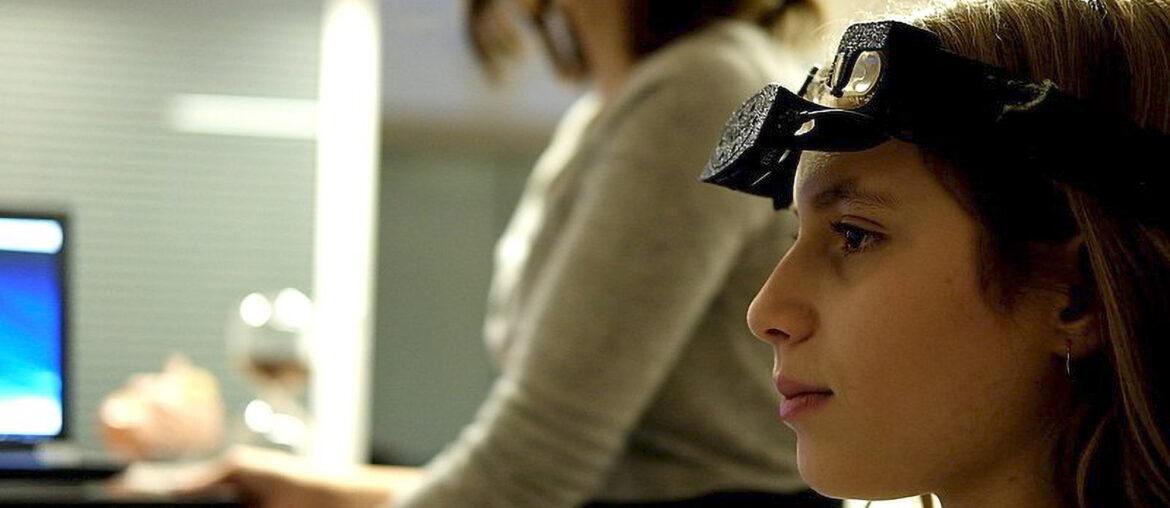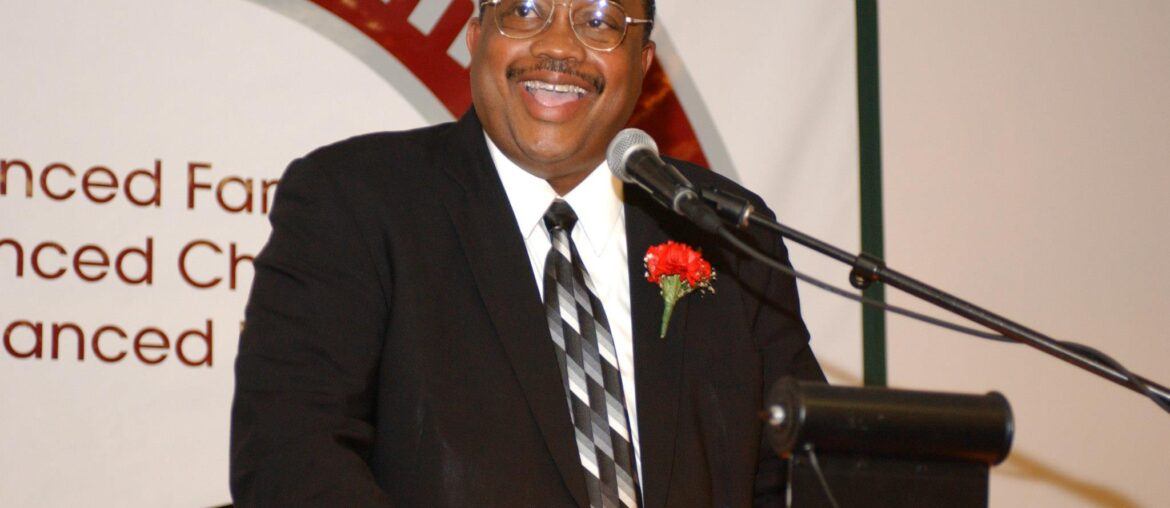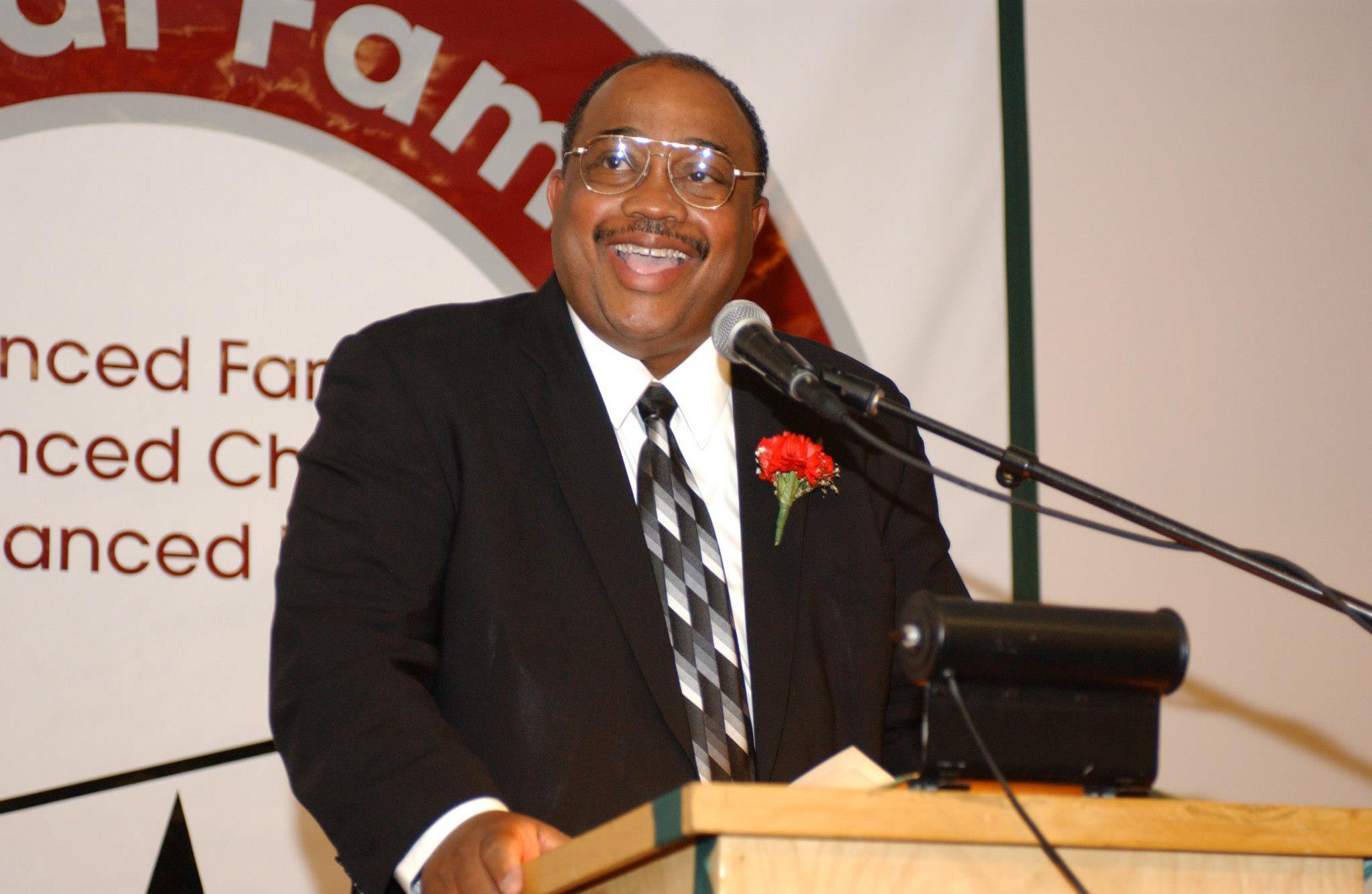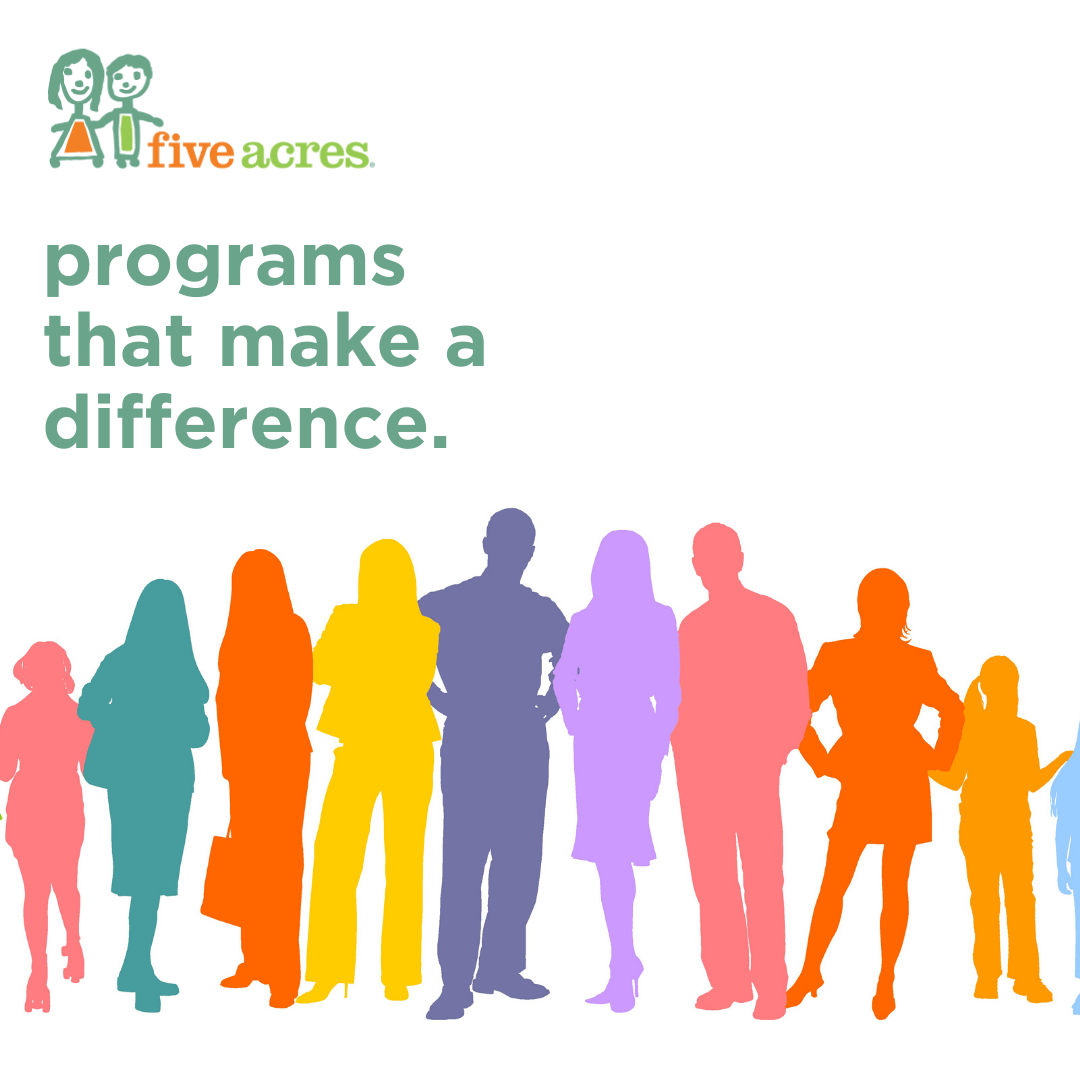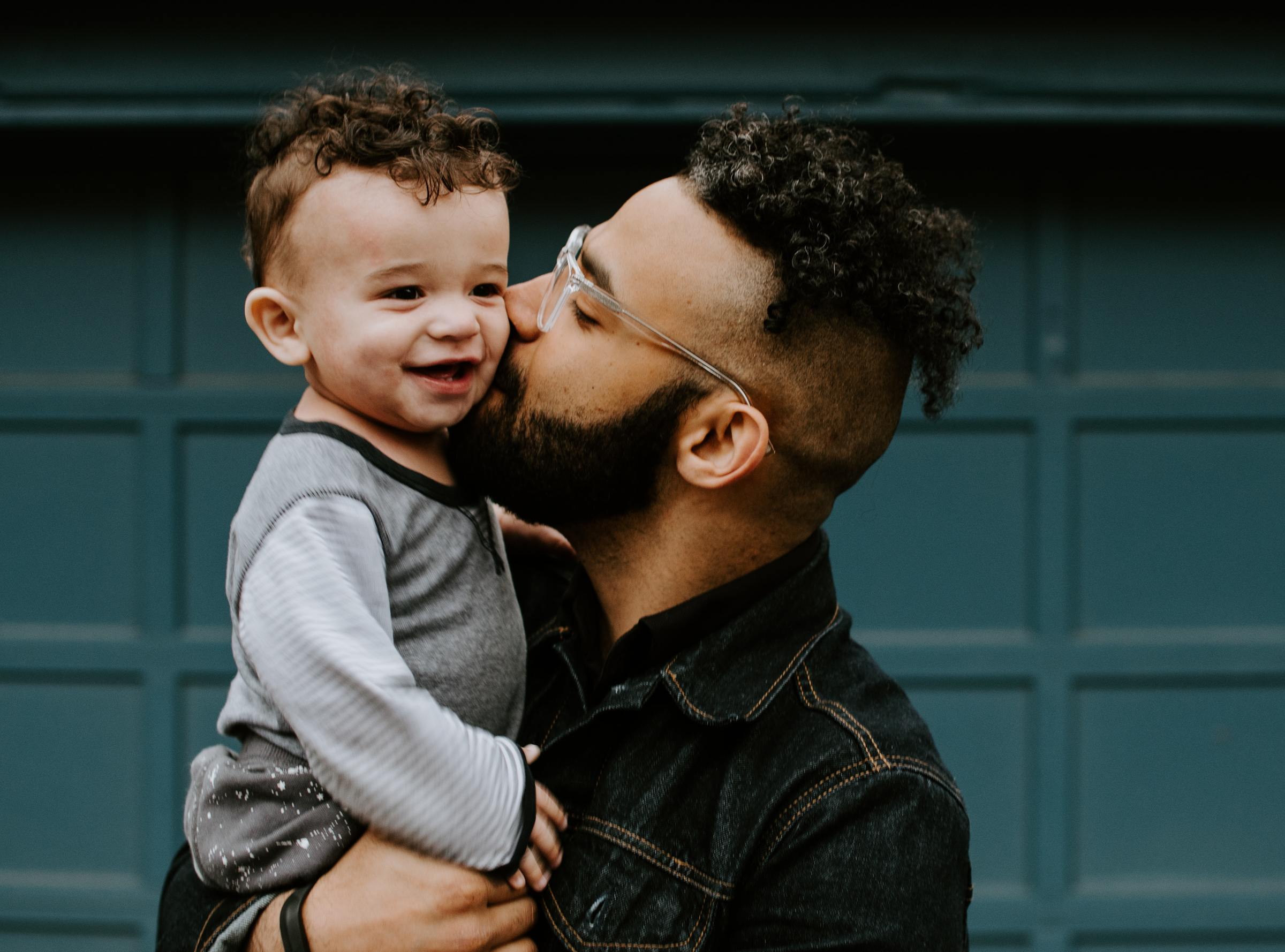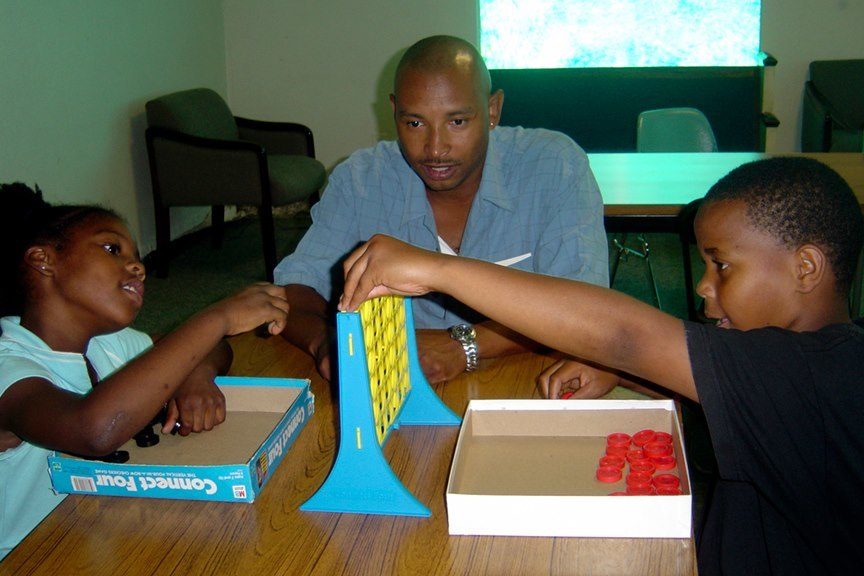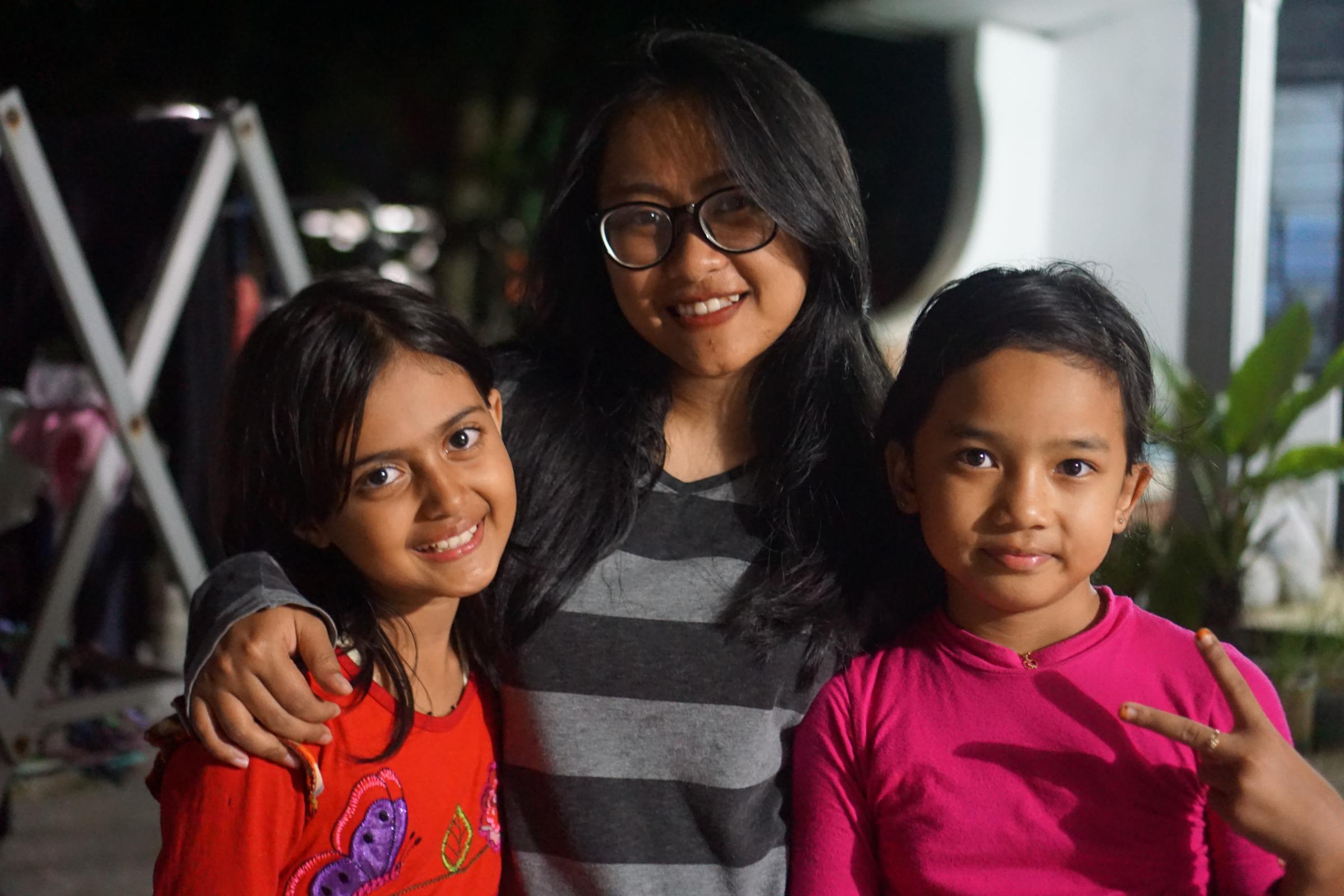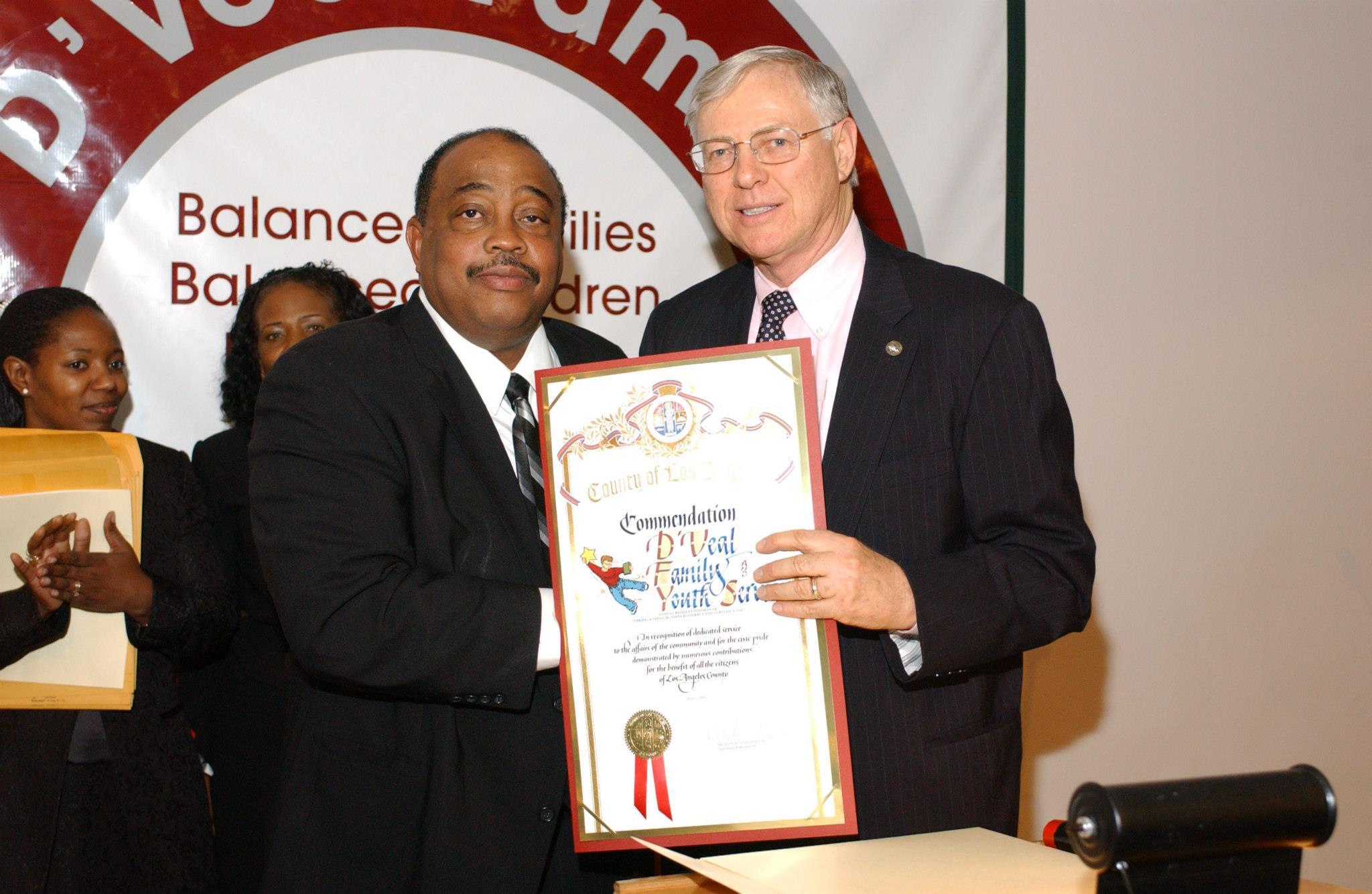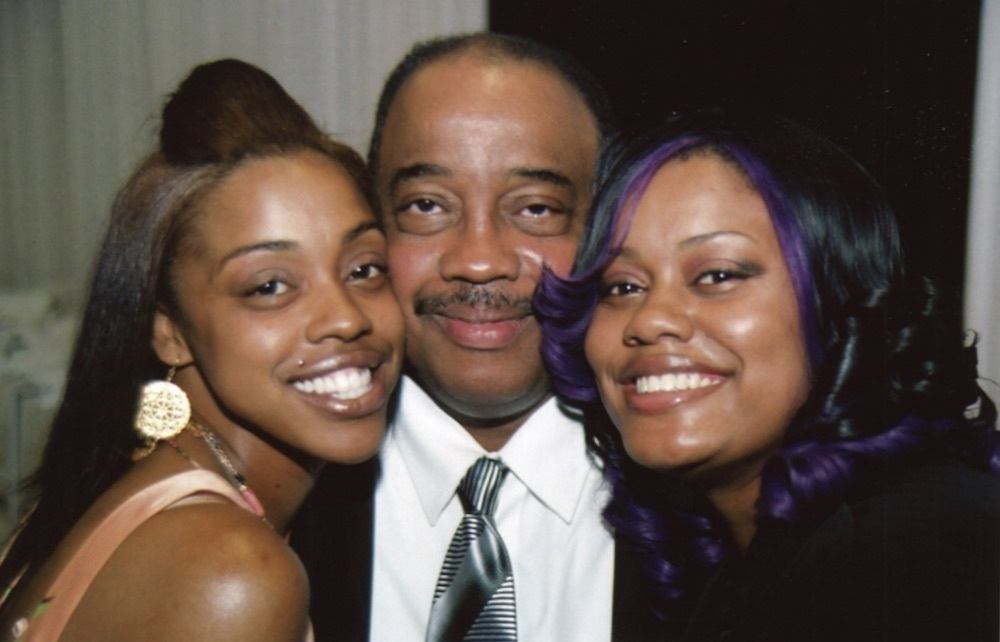I never ceased to be amazed at the fascinating way nonprofit founders find me, or perhaps the ways I find them? A few months ago I was at a board meeting and was seated next to a new board member. We began talking about what she did and it came up that her husband Bryan had recently founded a nonprofit. She explained that Brian had a challenging upbringing and had struggled with depression. Through an incredible journey (worth listening to) Brian was introduced to neurofeedback.
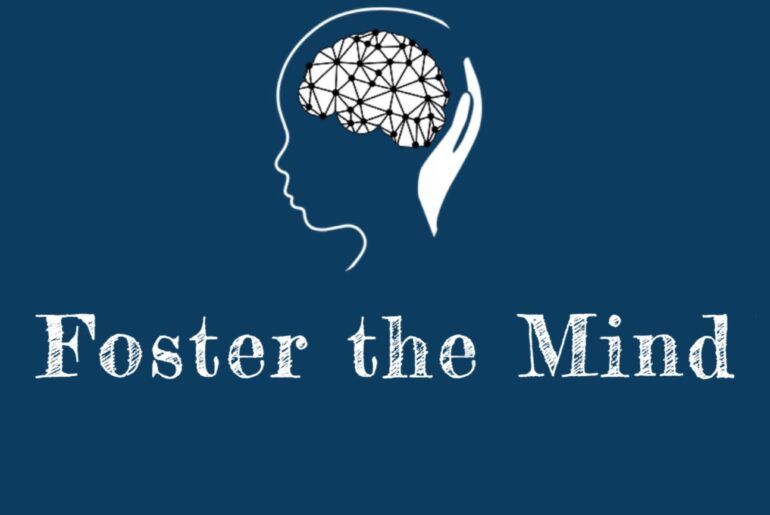
The CDC has said that the economic fallout of mental health from COVID is two trillion dollars. Brian’s nonprofit, Foster the Mind helps children from the foster care system who struggle with trauma and mental health challenges from trauma. Join us for a fascinating conversation looking at mental health and the foster care system in a totally different way with our guest Bryan Butler. This conversation will most definitely open your mind!

Here are a few highlights from our conversation:
Charity Matters: Tell us a little about what Foster The Mind does?
Brian Butler: We improve the lives of children and adolescents with mental health treatment, more specifically neurofeedback. Foster children have more trauma than most of our veterans if you study their brains. Neurofeedback which is an expensive therapy helps to alleviate that trauma.
So primarily we’re focusing on abuse and the foster youth population. Our model is we calm the brain down with something called alternating current stimulation. It’s just a very light stimulation and a pulsed electromagnetic field therapy. So it basically forces the right-left hemisphere to alternate while you’re telling a story. And what that does, is it doesn’t erase the memory. Rather, it starts to remove the emotional impact that that specific memory has, it’s really powerful.
Oftentimes, there’s a lack of understanding in the mental health field of trauma and the impact it has. There’s a book called The Body Keeps the Score and so that’s actually what happens is there is a connection between the mind and the body. So you see these people, and they have just a slew of issues because their childhood trauma has never been addressed.
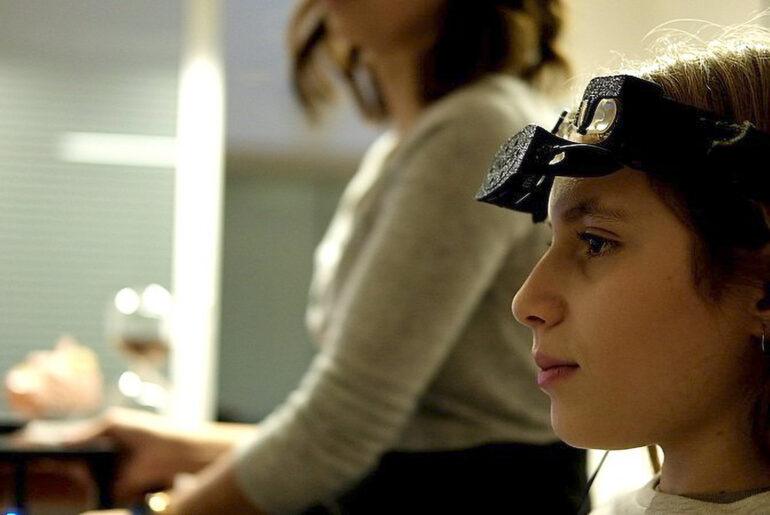
Charity Matters: What was the moment you knew you needed to act and start Foster The Mind?
Brian Butler: I grew up in a very chaotic home. When you have an environment like that, you don’t have a center intact. So I would be close to somebody and then push them away. They’re called deactivating strategies that your brain does to keep you safe.
In graduate school, one of my professors talked about how we minister of who we are. I had to write a paper on the topic. After he read it, he said, “This is really dark.” The professor wanted me to go see a therapist. And so I did and was given the diagnosis of major depressive disorder.
After that initial diagnosis, I spent 20 years and the current standard of care. I went to the psychiatrist and volunteered at church working with a lot of foster youth who were also struggling. Later on in life, you realize that you’re trying to find some meaning. So in saving them, you’re giving yourself meaning because I always felt worthless.
I tried to commit suicide. The week after, I went to my professor and said, “Look, I am doing everything I’m supposed to do. I’m taking all the meds, exercising, praying, going to church, and doing it all. There’s gotta be something else because this is not working. And I’m going to kill myself because of the pain.” So he said, “Well, there’s a guy who has a clinic, Burleson, doing neurofeedback, I think you should try it. “
After I got much better, where I was treated, he offered me a job to come back to work at the clinic that treated me. When I got married and told my wife about what I wanted to do, she said, “Okay, let’s just do it.” She helped me put everything together. That was in 2018 we started Foster the Mind.
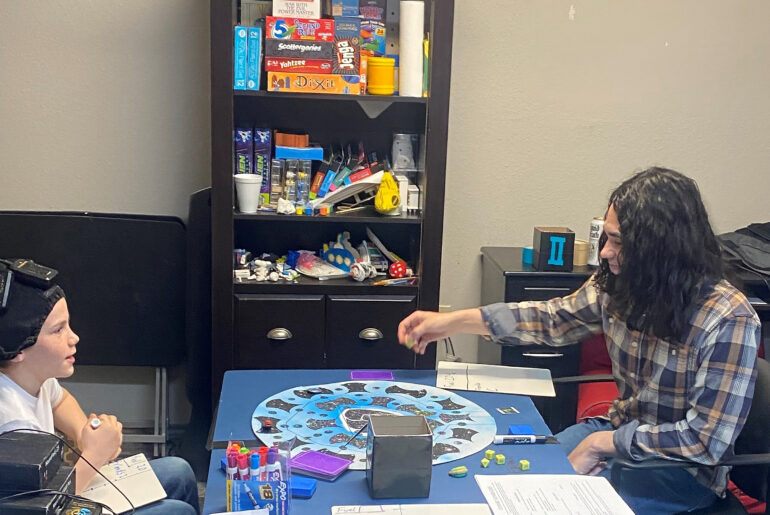
Charity Matters: What are your biggest challenges?
Brian Butler: A lot of people really don’t understand this work. So more than fundraising, I’m teaching people that there’s a better model for trauma, recovery, and trauma treatment. I have a split model because we have a clinic with paying customers and then we have a nonprofit where we work with children recommended by the court. Balancing both can be challenging.
Charity Matters: When do you know you have made a difference?
Brian Butler: Yes, we do have successes, which is really, really exciting. It’s cool when people give us cards saying, thanks for changing my son’s life or daughter’s life.
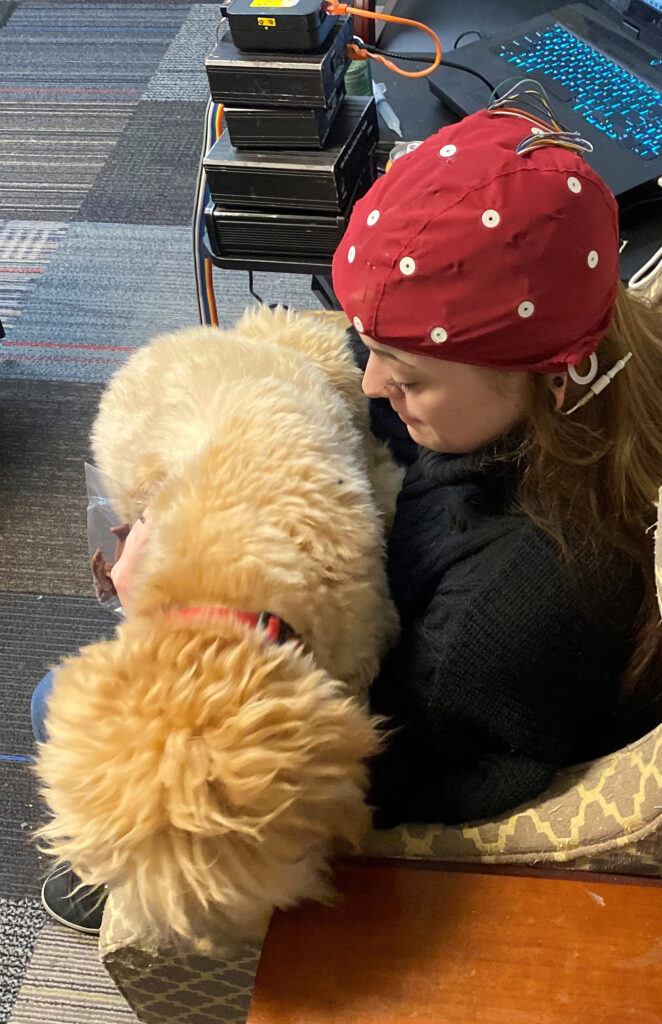
Charity Matters: Tell us what success you have had and what your impact has been?
Brian Butler: I’ve got two or three patients now who were having panic attacks all day long. You can see it in the brain waves. Now they can have a conversation and not have panic attacks. And it’s just very miraculous. It feels very surreal. We see lots of people, but still every time it’s still amazing to me to see that happen.
Charity Matters: If you could dream any dream for your organization, what would that be?
Brian Butler: My dream is to create a home or a campus for kids that age out of foster care that has mental health treatment. A place that has an art studio and where they teach everything else that might be helpful for someone who isn’t going to go to school or college. These kids still want to find a home. Texas is one of the few places where when you turn 18, as a foster child they no longer support you or help.
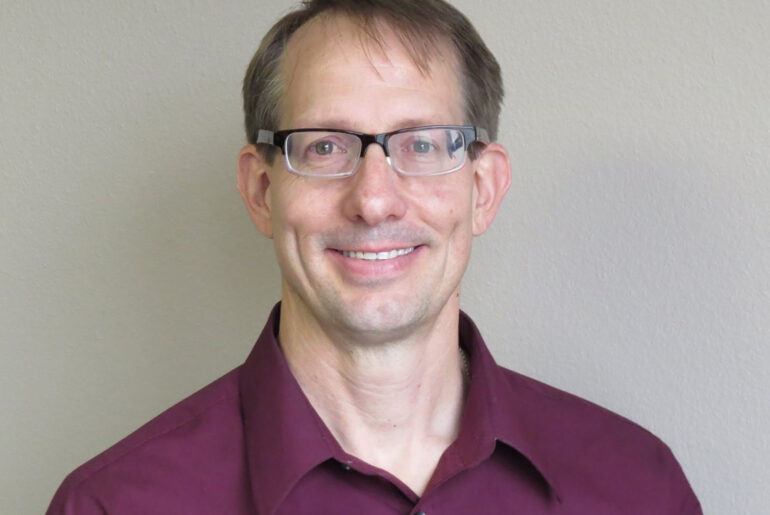
Charity Matters: What life lessons have you learned from this experience?
Brian Butler: That no matter what you’ve experienced, no matter what you’ve been through, the brain can be rewired and changed. These challenges can become a strength as opposed to a downfall. That’s been my personal experience. So when I when someone comes to me, and they’re having panic attacks all day long every day. I’m telling them my own story, my own journey. I can see, I guess it’s part of my gift, and maybe I’m seeing my own self, but I can see three months from now where I think they can be.
Charity Matters: How has this journey changed you?
Brian Butler: What’s been cool about my journey of healing, especially with Amanda, because she’s been absolutely amazing for me. I’ve never been married before and I’m just feeling a sense of peace. My wife’s big and talking about things that happen in seasons. So I hang on to that. Because of my own story, I keep reminding myself of the whole seasons’ thing. I’m learning to enjoy the present moment and I’m grateful to actually have a family. I never thought I would be a part of a family. So I really enjoy the connectedness and how grounded I am.
Now that I’ve started the nonprofit my vision has been able to change. I get to keep sharing part of who I am and part of my story and then helping them realize the same thing. They’re the ones doing the work and I get to be around for part of it. My desire is for them not to suffer the way I suffered.
CHARITY MATTERS.
New episodes are released every Wednesday! If you enjoyed today’s episode, please connect with us:
- www.Charity-Matters.com
- On IG @Charitymatters
- Post a screenshot & key takeaway on your IG story and tag me @heidijohnsonoffical and @Charitymatters so we can repost you.
- Leave a positive review on Apple Podcasts
- Subscribe to new episodes each week!
YOUR REFERRAL IS THE GREATEST COMPLIMENT, IF YOU ARE SO MOVED OR INSPIRED, WE WOULD LOVE YOU TO SHARE AND INSPIRE ANOTHER.
Copyright © 2022 Charity Matters. This article may not be reproduced without explicit written permission; if you are not reading this in your newsreader, the site you are viewing is illegally infringing our copyright. We would be grateful if you contact us.

